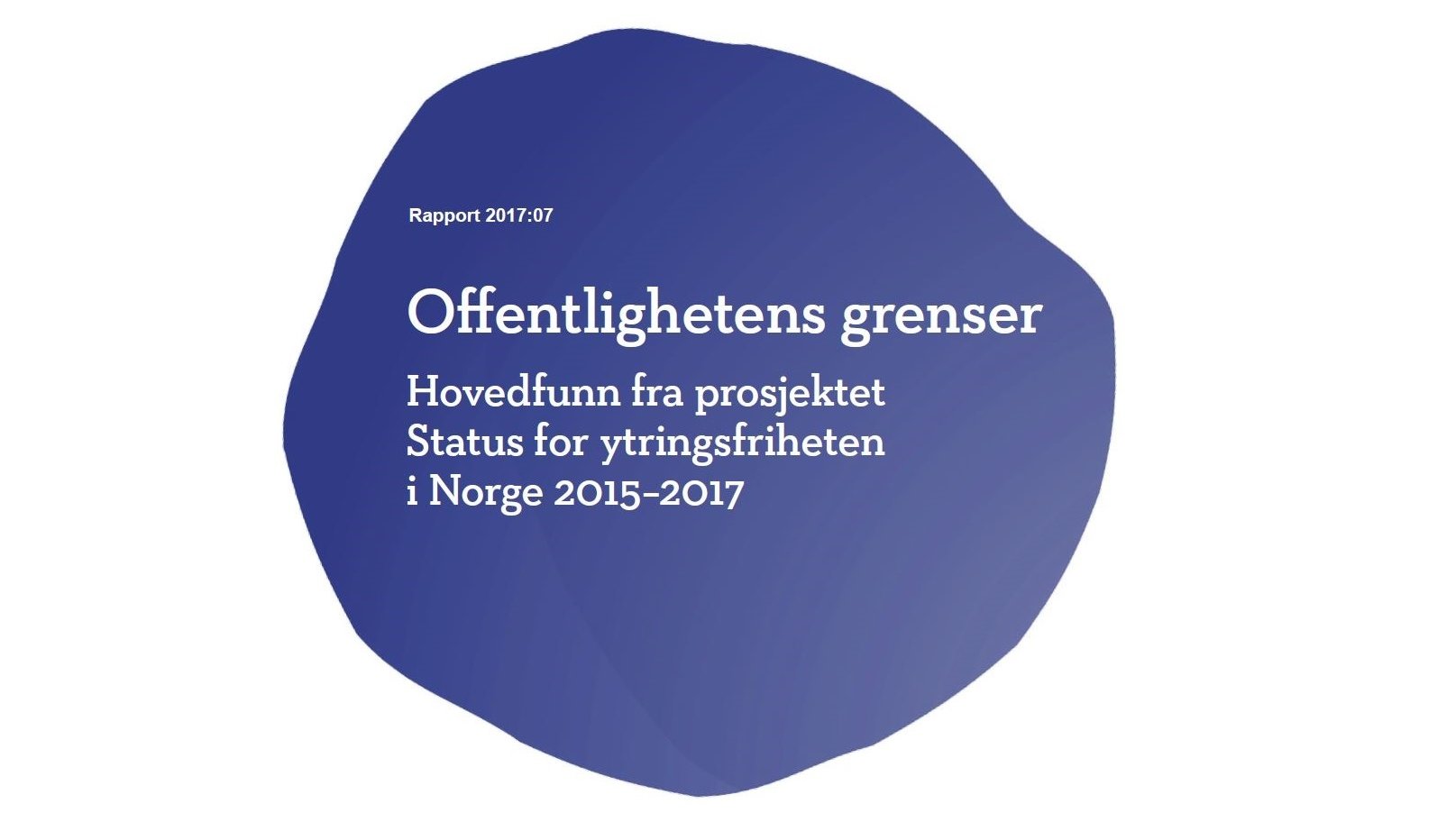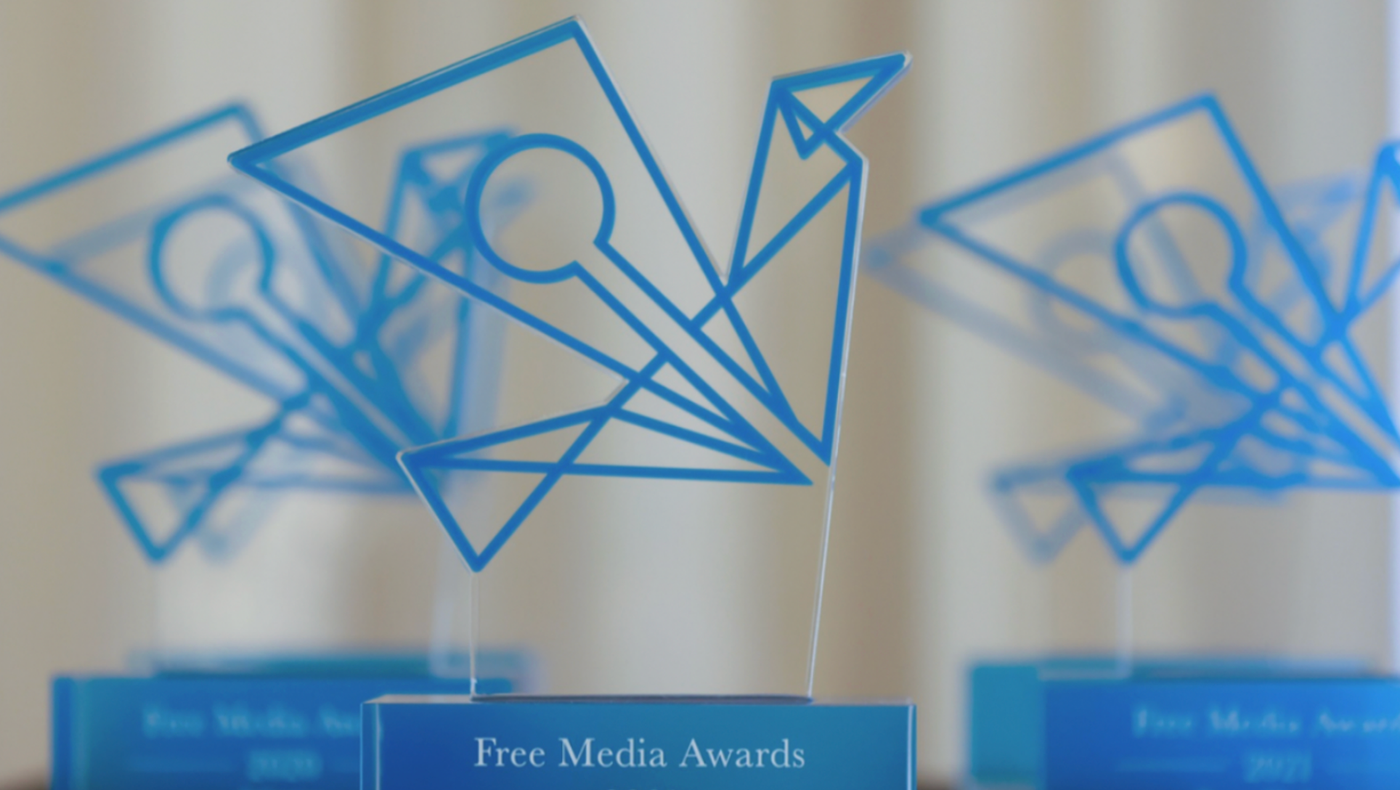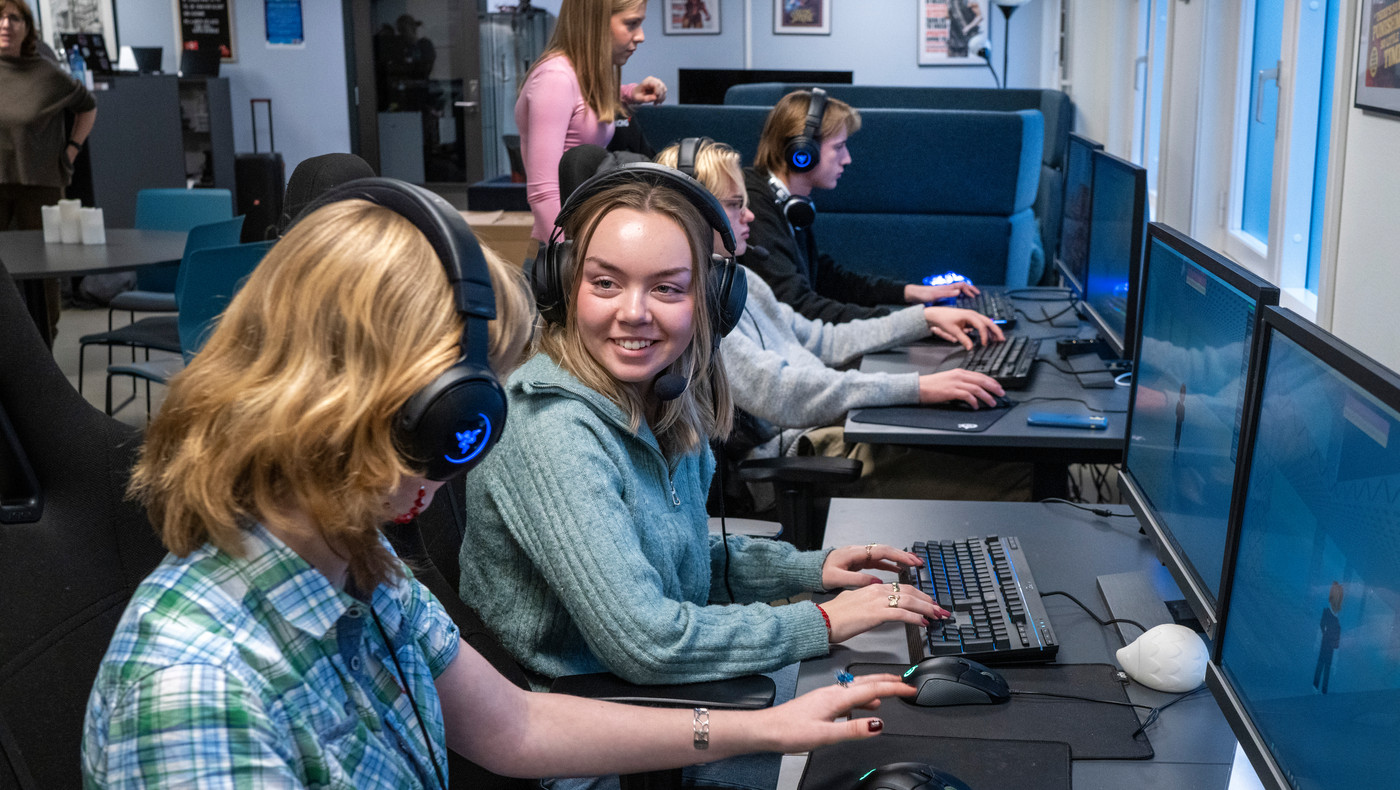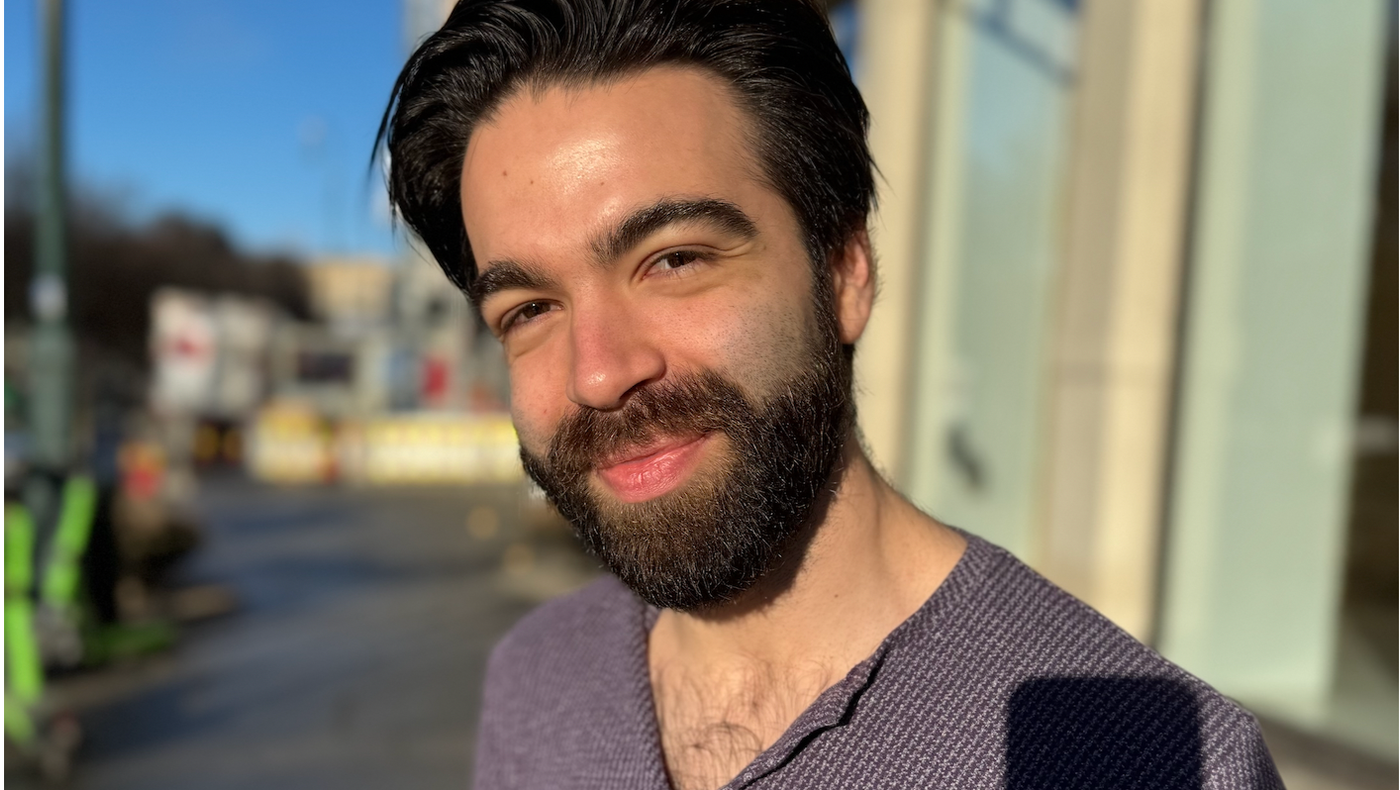New report: Boundary Struggles
The main findings and conclusions from the project ‘The Status of Freedom of Expression in Norway 2015–2017’ are now available in Norwegian in a brief report.
The key findings from the second round of the project ‘The Status of Freedom of Expression in Norway 2015–2017’ were presented in English in the book Boundary Struggles: Contestations of Free Speech in the Norwegian Public Sphere. To make findings and conclusions more available to a Norwegian audience, the report (pdf) has now been published in Norwegian.
The report summarises the most important findings from the book’s 10 chapters:
1. Introduction: Boundary Struggles
Arnfinn H. Midtbøen
2. The scope and consequences of hate talk in social media
Audun Fladmoe and Marjan Nadim
3. Spirals of silence in the Norwegian public sphere? Willingness to express opinions about the publication of caricatures
Audun Fladmoe and Kari Steen-Johnsen
4. A crisis of confidence? Perceptions of media neutrality among the people of Norway
Hallvard Moe, Kjersti Thorbjørnsrud and Audun Fladmoe
5. Editorial perspectives on the immigration debate
Karoline Andrea Ihlebæk and Ingrid Endresen Thorseth
6. Freedom of expression in the media 1993-2015
Terje Colbjørnsen
7. Threats, smears and party culture: Boundaries for freedom of expression in the political arena
Arnfinn H. Midtbøen
8. The curse of representation? Ethnic and religious minorities in the Norwegian public sphere
Marjan Nadim
9. Criticism of immigration: Moral boundaries, silence and polarisation
Kjersti Thorbjørnsrud
10. The setting of symbolic boundaries in the public space
Bernard Enjolras
The report sheds light on different approaches to freedom of expression: A smoothly functioning public sphere is truth-seeking, based on the exchange of rational arguments, and open to critical conflicts of opinion. The ceiling for utterances should be high, excluding only very extreme utterances or hate talk, and diversity of opinion should be broad. Does the public sphere actually work this way, or do smears and self-censorship contribute to an impoverished general public sphere that excludes certain groups and opinions? Which roles can and should the media play when the public sphere is characterised by growing polarisation and diminishing confidence?
The report has been edited by project supervisor and researcher at the Institute for Social Research, Arnfinn H. Midtbøen. The summaries of the different chapters have been written by the authors of the respective chapters.
About the project
Since its inception in 2013, the project ‘The Status of Freedom of Expression in Norway’ has led to a series reports in Norwegian, all of which are freely available on the website www.ytringsfrihet.no. To reach an international audience and a broader research community, this time around, the final reporting led to a book in English, which is also freely available to anyone.
The project is based on empirical studies of the Norwegian public sphere. One central premise of the book is the notion that the public sphere is the venue for struggles over the power to define and conflicts about where the boundaries ought to be in terms of who gets to participate and what can be said.
The project has been funded and initiated by the Fritt Ord Foundation and managed by the Institute for Social Research, in collaboration with researchers at the Department of Media and Communication at the University of Oslo and the Department of Information Science and Media Studies at the University of Bergen.




